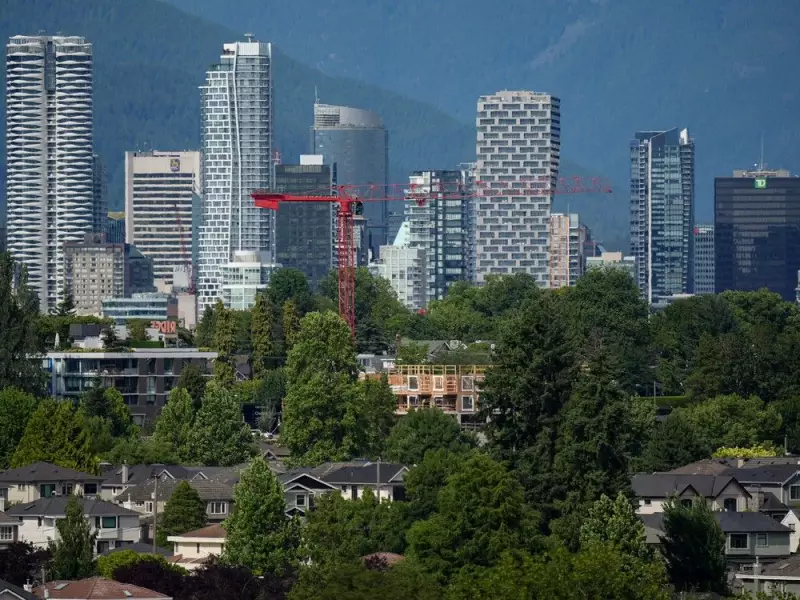
The housing crisis in British Columbia is reaching a breaking point, and new projections paint a troubling picture for the future. As Canada's most expensive housing market continues to challenge residents, experts are sounding the alarm about four critical trends that could define the province's economic and social landscape for years to come.
The Four Projections That Should Keep You Up at Night
Recent analysis reveals several key factors that will determine whether BC can overcome its housing challenges or face even deeper affordability issues.
1. The Affordability Gap Widens Beyond Reach
Despite government interventions and market fluctuations, the gap between average incomes and housing costs continues to expand at an alarming rate. What was once a challenge for low-income earners now affects middle-class professionals, teachers, healthcare workers, and even some dual-income households.
2. Supply Falls Dangerously Short of Demand
Current construction rates simply cannot keep pace with population growth and demographic changes. The shortage isn't just about total numbers—it's about the right type of housing in the right locations, creating mismatches that leave many communities struggling.
3. Rental Market Pressures Intensify
As homeownership becomes increasingly unattainable for many British Columbians, the rental market faces unprecedented strain. Vacancy rates hover near historic lows while rental costs continue to climb, creating a perfect storm for tenants across the province.
4. Regional Disparities Create Two-Tier System
The housing crisis is no longer confined to Vancouver and Victoria. Communities throughout BC are experiencing their own affordability challenges, creating a patchwork of housing stress that affects urban and rural areas differently but profoundly.
What This Means for British Columbians
These projections aren't just statistics—they represent real consequences for families, businesses, and the overall health of our communities. The housing crisis affects everything from workforce mobility to mental health, from business competitiveness to intergenerational wealth transfer.
The time for incremental solutions has passed. What's needed now are bold, coordinated actions that address both immediate needs and long-term structural challenges. From zoning reforms to innovative construction methods, from public investments to private sector partnerships, the solutions must be as comprehensive as the problem itself.
British Columbia stands at a crossroads. The choices made today about housing policy, land use, and community development will echo for generations. The question isn't whether we can solve the housing crisis, but whether we have the collective will to make the necessary changes before it's too late.






